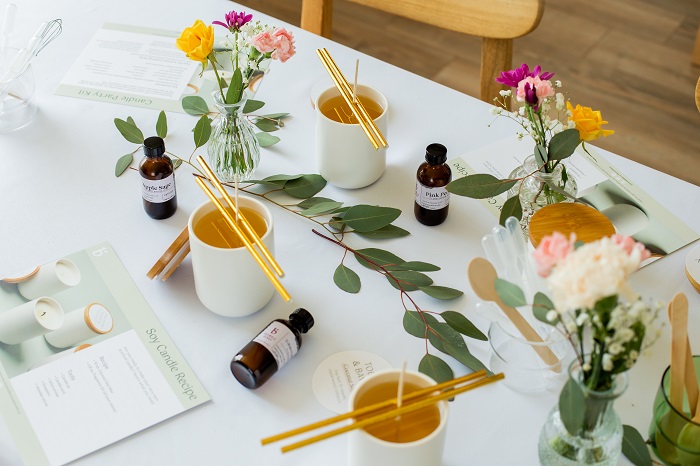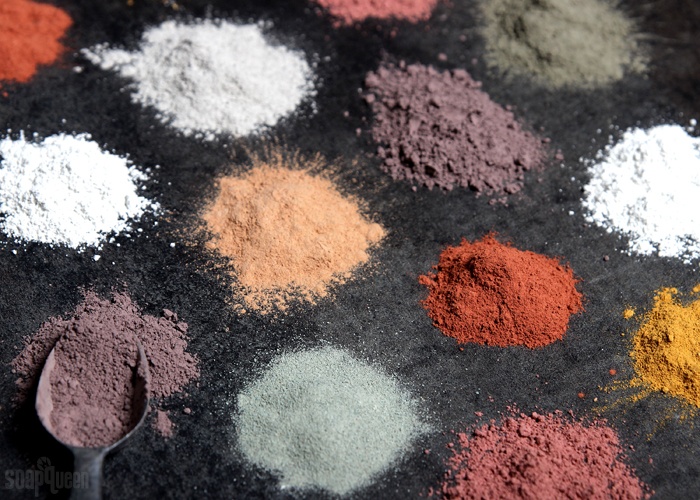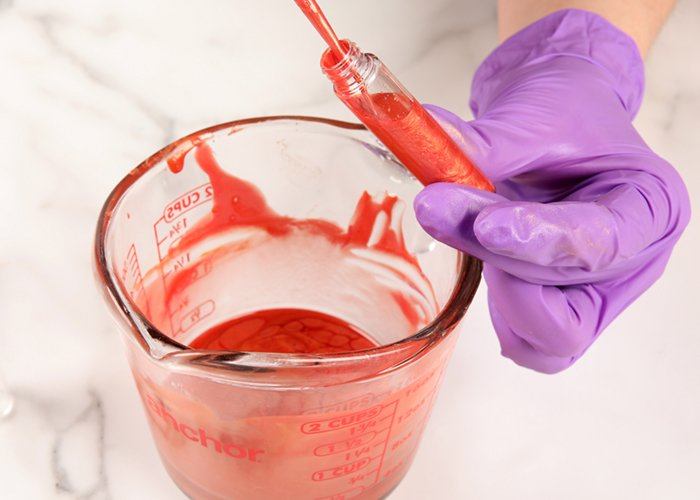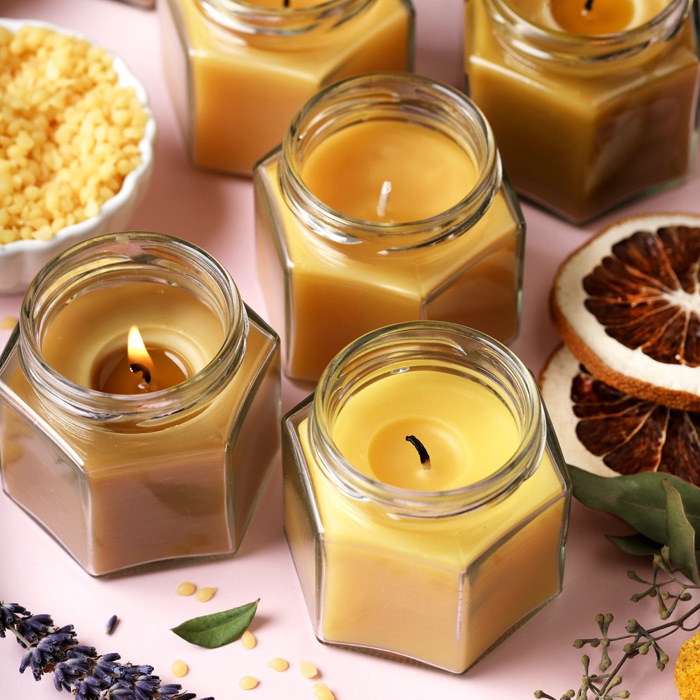Bakuchi Seed Oil in Skincare
If you’ve seen the word “bakuchi” or “bakuchiol” on a lot of skincare products lately, you’re not alone. This ingredient is a relatively new one in skincare, and there’s a lot of buzz around it. But what is bakuchi? What does it do for your skin?
What is bakuchi seed oil?
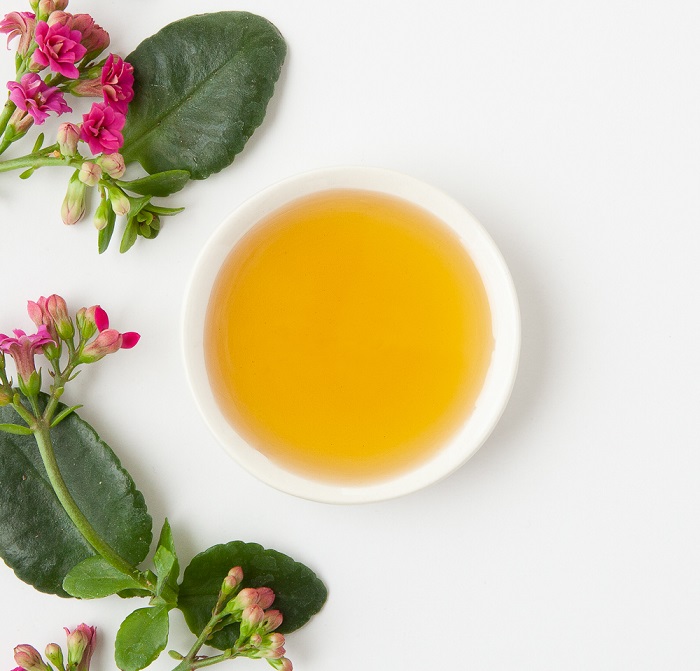
The bakuchi plant has been used for centuries in both ayurvedic and Chinese traditional medicine. It grows wild in areas of east Asia and India, and is harvested under strict sustainability guidelines. It’s also known as the babchi plant.
Bakuchi plants have a small, kidney shaped seed that can be pressed for oil. This oil is rich in antioxidants and has soothing properties.
Bakuchi seed oil also contains the compound bakuchiol, which was isolated from the plant for the first time in 1999, and which started appearing in skin products in 2007.
The benefits of bakuchi seed oil in skincare
Bakuchi seed oil is rich in antioxidants, compounds that help protect the skin from damage due to free radicals. Free radicals come from the outside environment, but they’re also produced by our own cells, and are responsible for some effects of aging.
Bakuchi seed oil is also gentle and soothing.
Bakuchiol, a compound found in bakuchi seed oil, appears to be a natural replacement for retinoids, which are a class of skincare ingredients used to promote cell turnover. This means that they help your skin keep producing new cells. Cell turnover slows as we age.
In case you were wondering, bakuchiol is pronounced "buh-KOO-chee-all," or "buh-KOO-chee-ol." Don't worry, we had to look it up too.
Retinoids can be irritating for some people, and bakuchiol is a gentler alternative. Initial studies show that bakuchiol may produce similar results as retinoids.
Note that most studies on bakuchiol have been performed with a small sample size, or in combination with other ingredients. More studies are needed into the effects of bakuchiol.
How to add bakuchi oil to your skincare routine
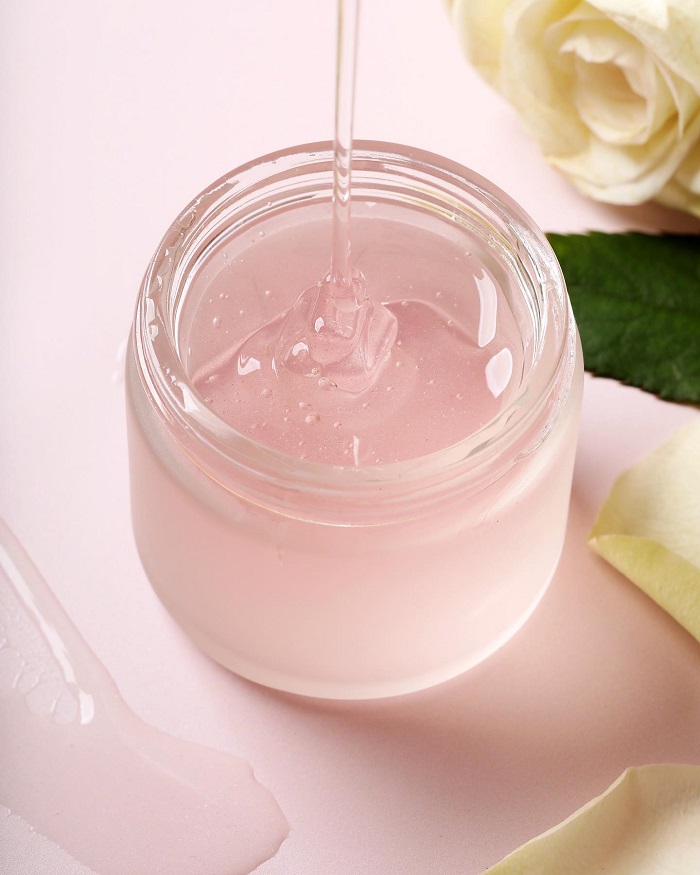
Adding bakuchi seed oil to your skin care routine is easy.
You’ll want to look for it in products that include an oil phase. That means lotions, balms, and oil based serums. Serums are skincare treatments that typically contain a high concentration of skincare ingredients, and they are applied after washing, but before applying any moisturizer.
Because the intent of using bakuchi seed oil is to let the ingredients absorb into your skin, you’ll want to make sure you use it in a leave-on product. Cleansers, soaps, and scrubs are rinsed off, so the oil won’t have time to be absorbed into your skin.
You’ll see the bakuchi plant used in several forms in skincare products. Check out the label.
Bakuchi seed powder is the ground seed of the bakuchi plant. Bakuchi seed oil or babchi oil are both words for the oil pressed from the bakuchi seed. If you seek bakuchiol listed as an ingredient, this is just the compound bakuchiol, without the rest of the things found in bakuchi seed oil.
Bakuchi oil is particularly nice for the area around the eyes, so it’s great in an eye cream or serum, too.
We have a great cold pressed, refined bakuchi seed oil to help you incorporate this wonderful plant into your skincare routine.
How to use bakuchi oil in your DIY skincare products
Putting bakuchi seed oil in your own skincare products can help you customize them.
You’ll want to add it to oil based products, like serums and skin oils, or to the oil phase of emulsified products, like moisturizer.
Because compounds in bakuchi seed oil can break down at high temperatures, it’s best to add it during the cooldown phase of any heated products. That means that you’ll want to add it after the emulsion is established and the product itself has cooled to below 90 degrees fahrenheit.
The recommended usage rate is between 0.5% and 1% of the total product.
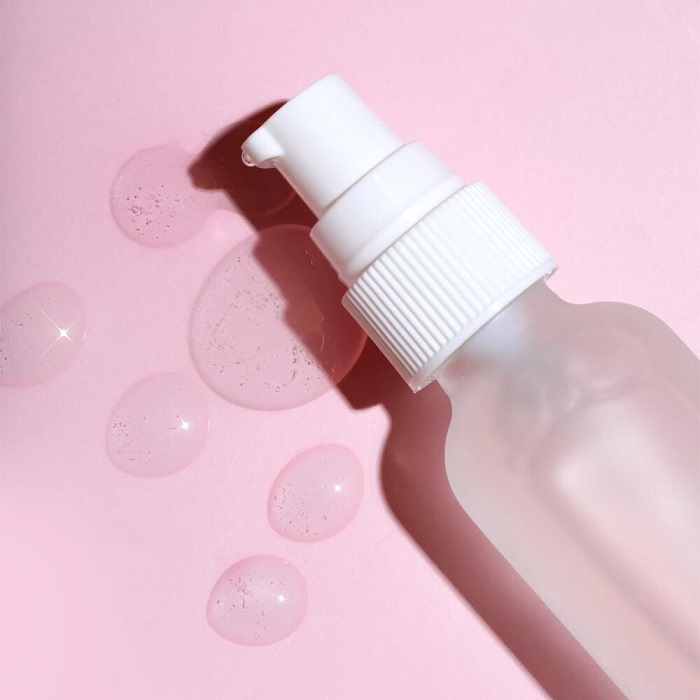
How soon will I see results from bakuchi seed oil?
With most skincare ingredients, consistent use over a long term is best.. Bakuchiol is no different.
You may start to see results within a few weeks, but your best results will come after about 3 weeks. It can take even longer, especially if you don’t use the bakuchi product consistently.
The key is to be both patient and consistent.
There you go, everything you need to decide whether to add bakuchi seed oil to your skin care routine, and some about how to add it. Bakuchi oil has shown promising results for keeping skin healthy. Adding this ingredient to your projects is a great way to make your DIY skincare products extra special.


